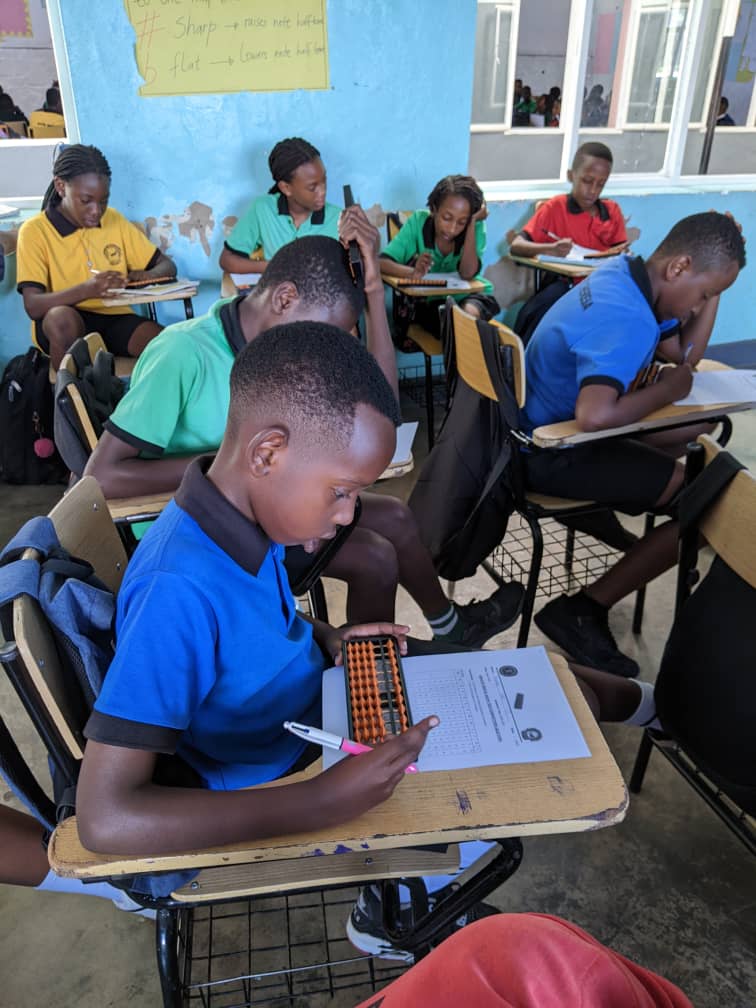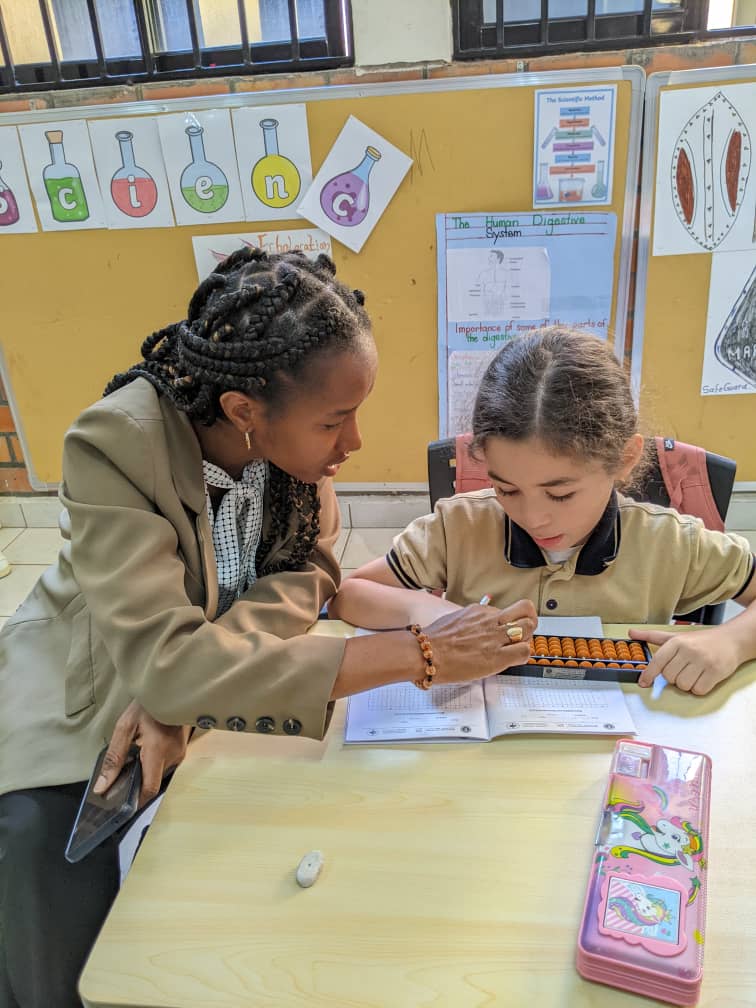The Abacus mental math program, a trending educational initiative in Rwandan schools, has been making significant strides since its introduction in 2019. This program, which utilizes an abacus tool and encourages mental visualization of its beads, aims to enhance mathematical abilities and cognitive skills in young learners.
The Abacus mental math program was first adopted in Rwanda by Group Scolaire Apacope in 2019, making it the pioneering school to integrate this innovative approach. The program’s presence in Rwanda is a direct result of a collaboration with the Beijing Shenmo Education Institution.
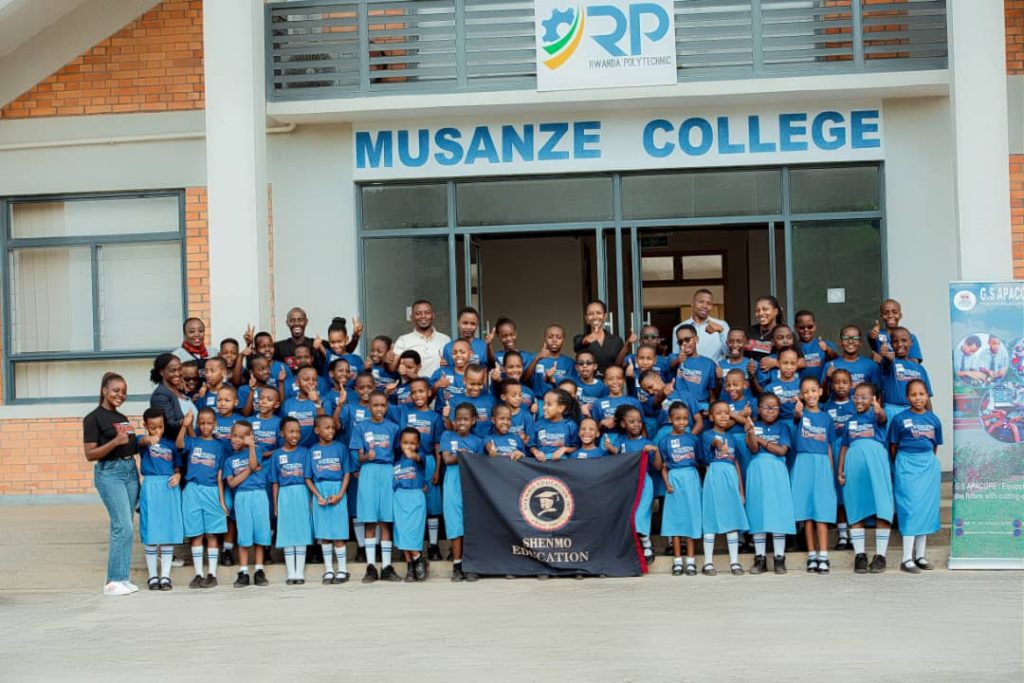
Shenmo, established in 1998, is a renowned leader in quality education for children in China, focusing on cultivating interest and developing expertise. By 2014, Shenmo had expanded globally with over 6,000 educational branches and more than 100 authorized overseas branches in 39 countries and districts. Its reach extends across America, Canada, Japan, Korea, Singapore, Malaysia, Thailand, Brunei, Vietnam, Pakistan, and many more.
Shenmo’s services have extended to Africa, with collaborations now spanning 30 African countries, and an ambitious plan to reach all African nations. Rwanda is among these cooperating countries, leveraging Shenmo’s expertise to help its young learners improve their math skills. The local entity, Shenmo Rwanda Education, facilitates the program’s implementation and growth within the country.
The Abacus mental math program is designed to improve mental calculation by enabling students to visualize the abacus and its bead arrangements. This method has been widely praised for its multifaceted benefits beyond just arithmetic.
Josiane Irabaruta, the head teacher of Shenmo Rwanda, emphasizes that the program not only helps learners with mental calculations but also significantly improves their concentration and critical thinking across all subjects. “This math-related course equips students with the necessary knowledge and skills to solve various issues, preparing them for challenges both in and out of the classroom,” she explained.
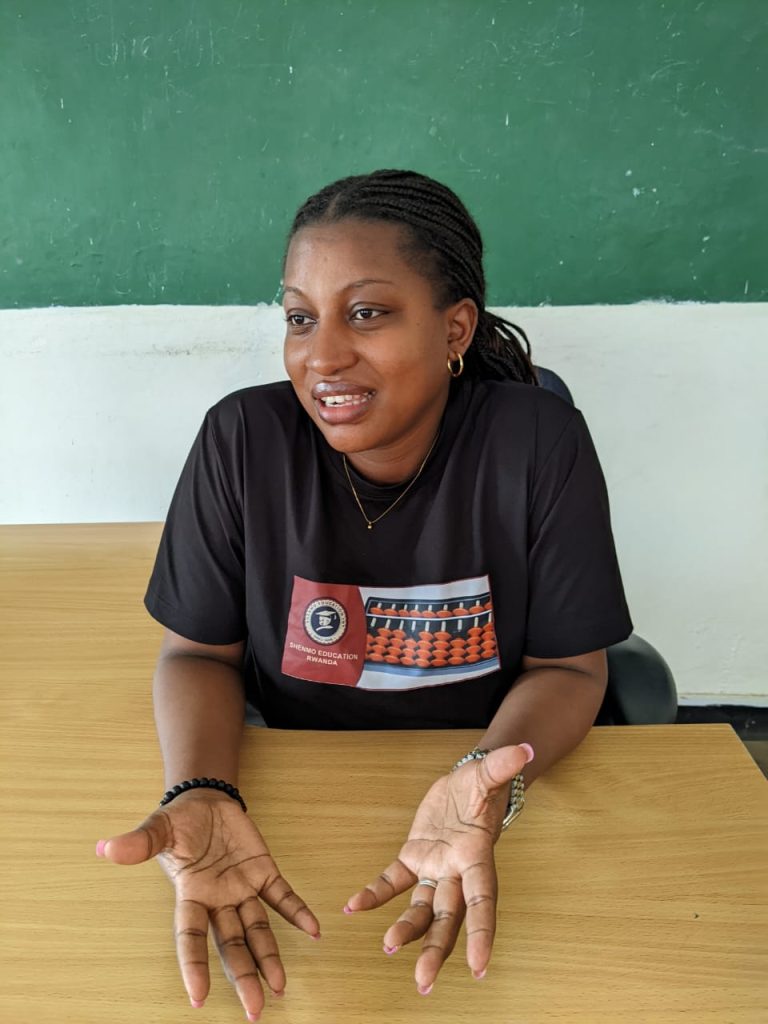
Students enrolled in the program attest to its positive effects. They report improved calculation abilities, enhanced spiritual memory and imagination due to the visualization required, and developed critical thinking and intelligence. Many describe Abacus mental math as a fun and enjoyable subject.
Jean De Dieu Uwimana, an Abacus mental math teacher at G.S Apacope, notes that the program has reignited a passion for mathematics among students, many of whom previously found it challenging. He describes it as “fun math” that promotes quick thinking, accuracy, and speed.
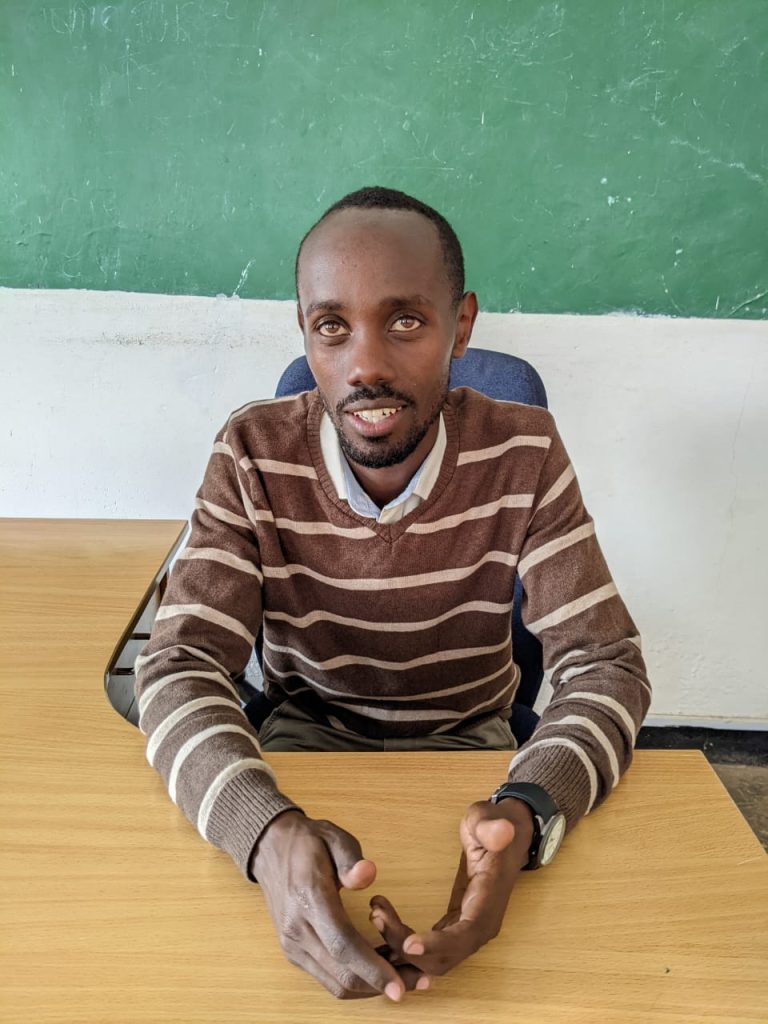
The program comprehensively practices listening, watching, sliding abacus beads, speaking, and mentally calculating. This multi-sensory engagement promotes the coordinated use of ears, eyes, hands, mouth, and brain, significantly enhancing and improving a student’s ability to concentrate. This heightened concentration is a key benefit, positively impacting other subjects and daily life.
Parents, like Asiel Niyikora, also recognize the program’s value. Niyikora states that Abacus has improved his child’s ability to think and problem-solve, not only in academics but also in their social life, through program-related competitions that bring students together.
The collective sentiment is that the Ministry of Education, in cooperation with Shenmo Rwanda, should actively work to make this quality education accessible to all Rwandan children, transforming them into “Math techies” through the Abacus.
